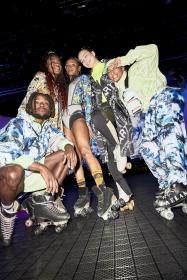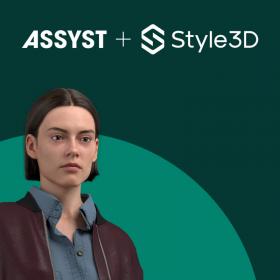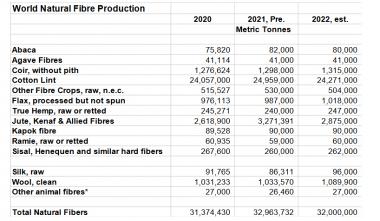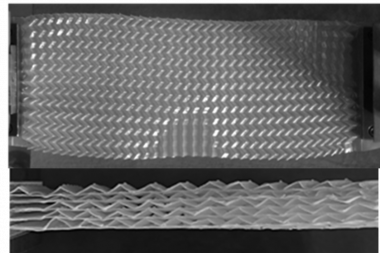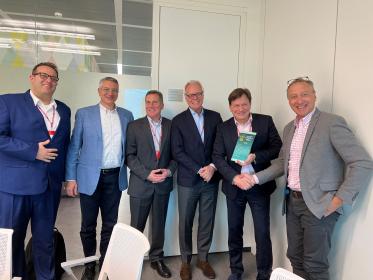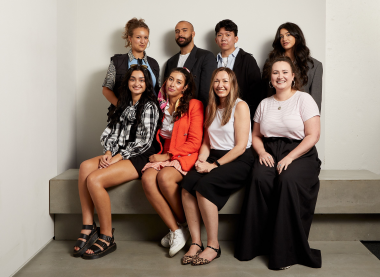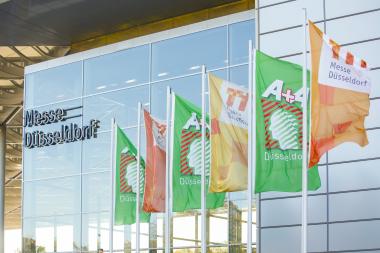Autoneum: All proposals approved at Annual General Meeting 2023
At the Annual General Meeting of Autoneum Holding Ltd on 24th March 2023, a clear majority of the shareholders approved the introduction of a capital band in the amount of approximately CHF 100 million net proceeds to finance the acquisition of Borgers Automotive. The proposal to waive the payment of a dividend for the 2022 financial year in view of the lower net result was also approved. In addition, Board member Rainer Schmückle as well as CEO Matthias Holzammer were given a farewell.
221 shareholders attended today’s Annual General Meeting of Autoneum Holding Ltd in Winterthur. 66.48 percent of the share capital was represented.
The shareholders approved the Annual Report, the Annual Financial Statements and the Consolidated Financial Statements for 2022. The proposal of the Board of Directors to waive the payment of a dividend for the financial year 2022 due to the lower net result was also approved by the Annual General Meeting.
In addition, the shareholders of Autoneum Holding Ltd granted discharge to all members of the Group Executive Board and the Board of Directors by a large majority of votes.
Chairman Hans-Peter Schwald and the other members of the Board of Directors Liane Hirner, Norbert Indlekofer, Michael Pieper, Oliver Streuli and Ferdinand Stutz were confirmed in office for another year. Hans-Peter Schwald, Norbert Indlekofer, Ferdinand Stutz and Oliver Streuli were re-elected to the Compensation Committee.
The consultative vote on the 2022 remuneration report was approved by 85.55%. The proposals for the remuneration of the Board of Directors and the Group Executive Board for the 2023 financial year as well as the other proposals were also approved by a large majority.
With 99.03%, a clear majority of the shareholders approved a capital band authorizing a capital increase of approximately CHF 100 million net proceeds. The purpose of the capital increase is to partially finance the acquisition of the automotive business of the Borgers Group announced by Autoneum on January 9, 2023. The Annual General Meeting also approved the other proposals of the Board of Directors for partial amendments to the Articles of Association.
Rainer Schmückle did not stand for re-election. He had been Vice Chairman of the Board of Directors, Chairman of the Audit Committee and member of the Strategy and Sustainability Committee since Autoneum became independent in 2011. CEO Matthias Holzammer, who will leave Autoneum for family reasons, was also bid farewell.
At the same time, Hans-Peter Schwald welcomed the new CEO Eelco Spoelder, who will take over the management of the Group from Matthias Holzammer on March 27, 2023: "With Eelco Spoelder, Autoneum gains an accomplished leader with many years of experience in the automotive supply industry. At Faurecia and previously at Continental, Mr. Spoelder has successfully proven that he can ensure strategic continuity and operational excellence even in a difficult market environment. I and the other members of the Board of Directors warmly welcome Eelco Spoelder and look forward to our future cooperation."
Autoneum Holding AG

















